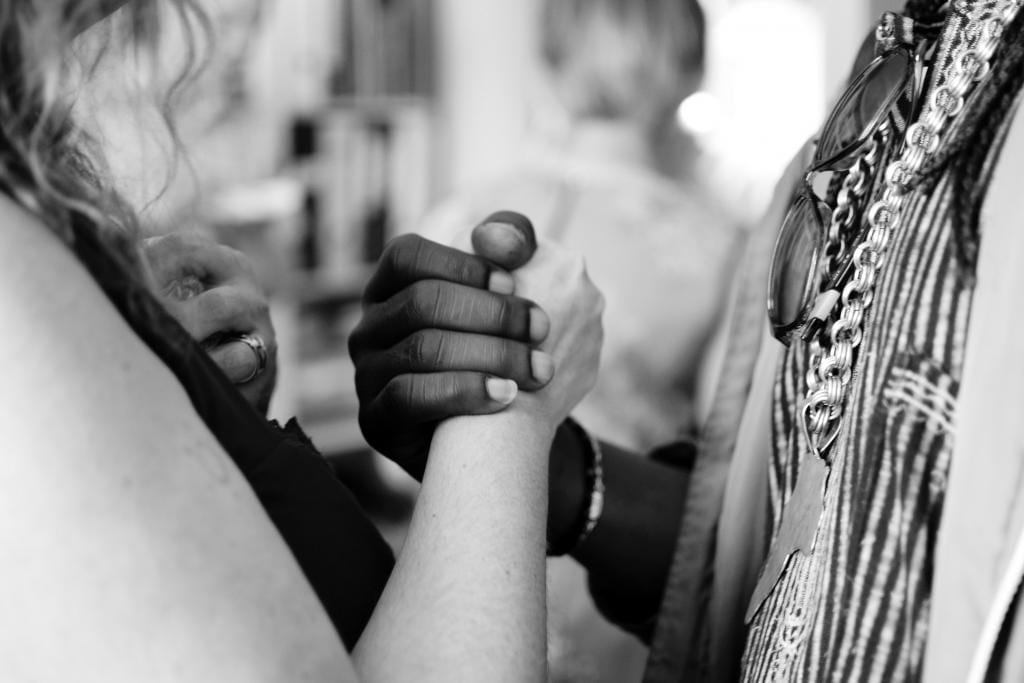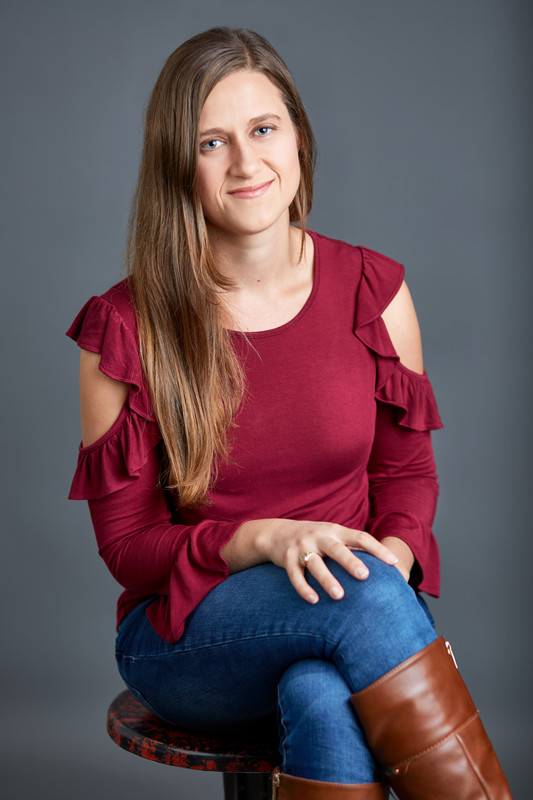It’s officially 2021 and our country is setting off on a long path of recovery. As vaccine distribution increases, we are hopeful for a public health recovery, followed by an economic recovery. As challenging as both will be, there is another crisis from which I fear we may never recover: the empathy crisis. Now, this crisis was brewing long before the pandemic began, but the past year has only made it worse. This is partially for the reasons that already existed and partially because we simply could not care about everything this year. In a crisis, we must prioritize to protect ourselves. But that does not mean that what we decide to deprioritize is unimportant. Or that there will not be consequences.

What is the Empathy Crisis?
We talk a lot about polarization and tribalism in the United States. As our lives become more separated from each other, to the point where the media we consume, the places we live, even the foods we eat can be correlated to our political leanings, it becomes increasingly difficult to imagine what life might be like in another “bubble.” It not that my friends in Washington Heights and my family on Staten Island don’t see eye to eye politically, it’s that they cannot fathom why anyone would think the way they do. They cannot envision each other’s struggles. Their life experiences seem the stuff of fiction. They cannot empathize with each other, so they cannot feel compassion for one another. And it is this lack of compassion, more than any philosophical difference, that is tearing our country apart.
The Effects of the COVID Clash
In a lovely and sad article for Tablet Magazine, The Satmar Way of Life and Death Used to Be Our Way, Too, Armin Rosen describes the outrage in New York City over a large indoor wedding held in the Hasidic community.
The religion and ethnicity of the wrongdoers was unmistakable in the photograph, which depicted a crowded horizon of black hats and frock coats. These Hasids seemed to dwell in a different world than the rest of us, one in which both the coronavirus and its resulting obligations to one’s fellow human beings simply didn’t matter. Who were these people to believe they were exempt from everyone else’s deadly crisis?
The scapegoating of the Hasidic community, and the discussions of antisemitism around, it is only one example of a larger trend of blaming and shaming others for bad-acting. While not all cultural bubbles are as outwardly extreme as that between the Hasidic community and other New Yorkers, the realities are similar. We do not understand each other’s way of life, our values, or our decisions.
Whether it’s attending a protest, a wedding, or spending the day at the beach, the decisions we make about when and how to compromise on COVID restrictions are statements on our personal values. Because every time we choose to gather, for whatever reason, we are incurring risk, it is easier than ever to form the opinion that other people’s values are killing us. We decide that The Other is dangerous and bad. They may not have caused the COVID crisis, but they sure as heck didn’t do their part to stop it. Blood is on their hands and we must never forgive them.
Can the Empathy Crisis Be Resolved?
Rosen goes on to declare:
The notion that the public health sins of some other group of Americans is responsible for the suffering of everyone else is not science; it’s not morally righteous. It’s simply not true.
Our anger at each other is a result of fear, not science. If we have anything to be angry about, it should be over the failures in our public healthcare system and our government leaders. Otherwise, we are angry at each other for being human, for valuing connection. For making compromises for things like weddings and funerals. The very things about which we once would have said “I wouldn’t miss it for the world.”
Friends, we are none of us sinless in this crisis. That is not to say that there has not been selfishness – there certainly has. It is to say that, coming out of this, we must have empathy for one another. We have to make grace for the things each of us valued, even if we don’t understand them. Hopefully, in return, we will be forgiven for the times we were less that perfect. Because it’s either that, or the anger of this time will never subside.
And then, though we may recover our health and our economy, our country – no, our humanity – will be lost.















